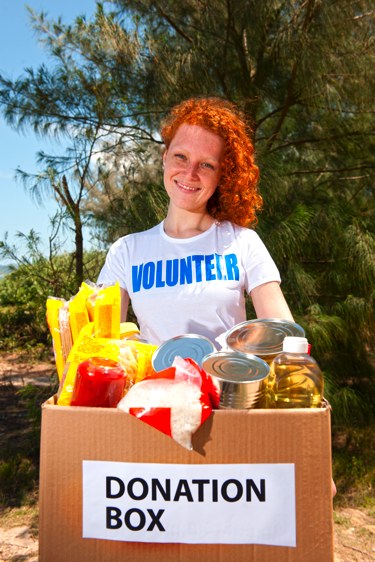This post is by Denis Merkas of CouplesMassageCourses.com.
Massage between couples can be so much more than just a five-minute shoulder rub every now and then. Those particular shoulder rubs are not often given in the right spirit of generosity—couples instead bicker over who got the longer massage, who owes who what and then no one ends up satisfied (and everyone gets sore hands!).
Done right, massage can be a catalyst for building trust and intimacy between partners. Giving a loving massage—without expecting a thing in return—is a surefire way to make your partner feel absolutely amazing.
The benefits speak for themselves—heightened intimacy, a feeling of closeness, better sex, stress relief, brownie points… you don’t even have to be the one getting the massage to enjoy these benefits. Even the giver of the massage will feel more relaxed afterwards.
With all that in mind, think about pampering your partner tonight with a special massage just for them and see what happens. Here are my top dos and and don’ts of massage to get you started.
1. Don’t squirt oil directly onto your partner’s body
Squirting cold oil onto warm skin looks sexy in the movies, but feels terrible in real life. Always squirt your oil into one hand and then rub your palms together to warm the oil up before applying to the body. Much sexier.
2. Do slow it down
So many couples tend to rush through their massage. There are no points for finishing first! Get your sweetie in the mood with relaxed, gentle strokes. Slowing down will also help you gain their trust, which means they’ll be putty in your hands by the end.
3. Don’t use your thumbs!
Aha, that one got you, didn’t it? Using thumbs is the quickest way to tire out your hands, so avoid using them at all until the very end of the massage. Start by using an open hand technique with relaxation strokes and save your thumbs as your secret weapon—after a good ten minutes of the open-hand technique, bust out your thumbs for short bursts (I’m talking 30 seconds only at a time) on specific knots to really make your partner melt.
4. Do ask for feedback
Any good massage therapist will ask their client for feedback, and you should do the same. “Is that deep enough?”, “How does this spot feel?”, “Where are you tight?” are all great questions.
Also look out for moans and groans, oohs and aahs while you massage; these all signify that whatever you’re doing, you’re doing it right—so keep doing it!
5. Don’t massage without being prepared
You don’t want to be stopping halfway through a massage to turn off lights, adjust the thermostat or grab a towel. Have everything you need organized and close by before you begin. And turn your phone off!
6. Do contour your hands to your partner’s body
The more surface area you can touch, the better your massage will feel for your partner. When massaging, keep your fingertips and palms down and relaxed. If your hands are stiff or tense they won’t contour properly and your massage won’t feel natural.
7. Don’t underestimate the ambiance
Tidy up the massage space so there’s no mess and clutter, and make it seductive by triggering all the different senses—light candles, play soft music, burn incense and serve wine and chocolate.
8. Do give encouraging feedback when you’re being massaged
Remember, your partner is new at this and will lose motivation if you’re critical of their performance. Positive reinforcement is the key, tell them what you love about the massage and how great it feels—remember to pound out some “oohs and ahhs.” Trust me, you’ll be on the receiving end of many more massages with this approach!
9. Don’t go in deep at the start!
Many people make the mistake of getting right in there with a firm massage. Unless your partner has just come off the football field and needs a leg rub stat, there is no excuse for going too deep too fast. Any good practitioner starts off gently every time to give the muscles time to warm up first. You can go in deep towards the end of the massage.
10. Do massage on the floor
The bed seems like a sexy idea, but the soft and uneven surface of the mattress is going to hurt your back, and your partner’s neck. The best position is for you to kneel on the floor with your partner sitting cross-legged between your knees. You must have plenty of cushions bolstered under your butt to help keep your weight off your knees. In this position, you have great access to your partner’s neck, shoulders, arms and upper back. Massage for no more than 20 minutes in this position as it will eventually start to tire out your knees and lower back.
Keeping the above in mind should set you well on your way to pampering your partner with a decadent, long massage. For more information on massage techniques go to CouplesMassageCourses.com and download your massage guide now.
Do you massage your partner at home? What does and doesn’t work for you?
Denis Merkas is a qualified Acupuncturist and Remedial Massage Therapist whose expertise is in training and developing professional massage therapists. He has used those same techniques over the last five years to teach couples how to massage in live workshops and has just released a series of eBooks, available at CouplesMassageCourses.com.














Recent Comments